Polish Patent Office invalidated the 3D trade mark of Tic Tac box!
In Poland, the transparent Tic Tac box is one of the most recognizable packaging for candies among young and adult consumers. Despite this, the Polish Patent Office ruled on February 23, 2023, that it lacks distinctiveness and invalidated two trademarks of Ferrero S.p.A. The decision is not final and can be appealed.
In Poland, the following two 3D trade marks, IR.1368175 and R.246102, of Ferrero S.p.A., based in Italy, are protected for goods in class 30, specifically for candies:
 |
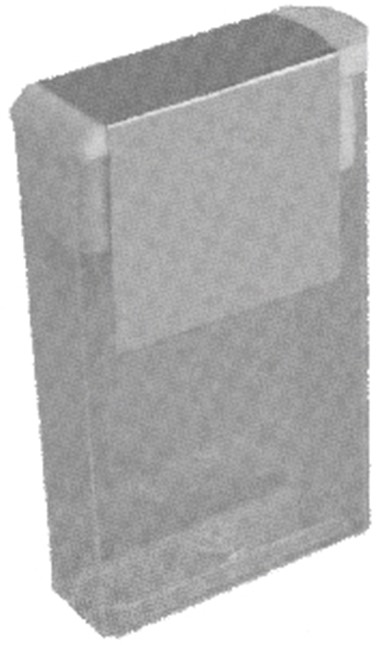 |
|
IR.1368175 |
R.246102 |
Ferrero had already lost a dispute with the PPO once when it sought recognition in Poland to its favour of the effects of the international registration of the 3D mark IR.405177
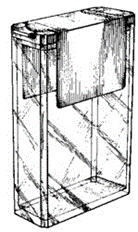 |
|
IR.405177 |
At that time, the PPO refused to recognize the effects of the trade mark’s registration in the territory of the Republic of Poland, and the decision was upheld in the judgment of the Voivodship Administrative Court in Warsaw on November 3, 2006, ref. VI SA/Wa 693/06. VAC held that 15 years had passed between the time Ferrero obtained international protection and the date of designating Poland, and during this term, a number of candies that use identical packaging had appeared on the market. Thus, Ferrero’s mark, although it enjoyed distinctiveness at the time of obtaining international protection, lost it after 15 years and could not be protected in Poland.
There are indeed on the Polish market candies similar to the iconic TicTacs, such as the ones shown below:
 |
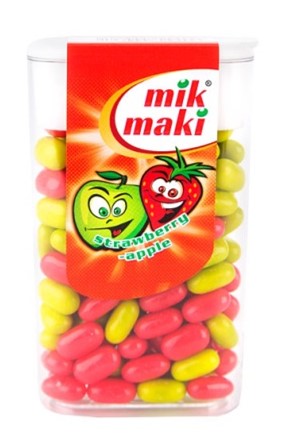 |
 |
 |
It was BMB Sp. z o.o., based in Grójec, the manufacturer of one of the above-mentioned MikMaki candies, that applied for the cancellation of the two abovementioned marks IR.1368175 R.246102 (Ref. Sp.9.2020 and Sp.10.2020).
The applicant alleged that the contested signs:
- their shape is exclusively mandated by their function
- do not have distinctive capacity, and
- applications to register them were filed in bad faith.
In the decision dated February 23, 2023, the PPO found that the two contested marks depict only an ordinary container of a shape that is commonly encountered and functional with regard to candies, devoid of other distinctive elements, and therefore, without the ability to distinguish the applicant’s goods from those of the same type of competitive companies. Both marks depict a rectangular container characterized by the shape that is common for its function, which is used by other manufacturers. The adjudicative board found that such marks are unable to create in consumer associations as to the origin of the goods from one and the same business; therefore, they do not have sufficient distinctiveness.
The PPO found that the trademark owner failed to prove that the disputed trademarks had secondary distinctiveness. According to the PPO the presented evidence only confirmed that the public is familiar with the Tic Tac brand, not the packaging itself, and therefore does not associate it with the origin of goods.
It is worth recalling that it was BMB that recently lost a dispute with Ferrero. In the case that ended with the CJEU judgment of March 6, 2019, ref. C-693/17 P, the Court dismissed BMB’s appeal against a decision to cancel the Community design RCD 826680-0001 registered to its favour on the grounds of infringement of Ferrero’s rights, in particular the right to the abovementioned trademark IR.405177.
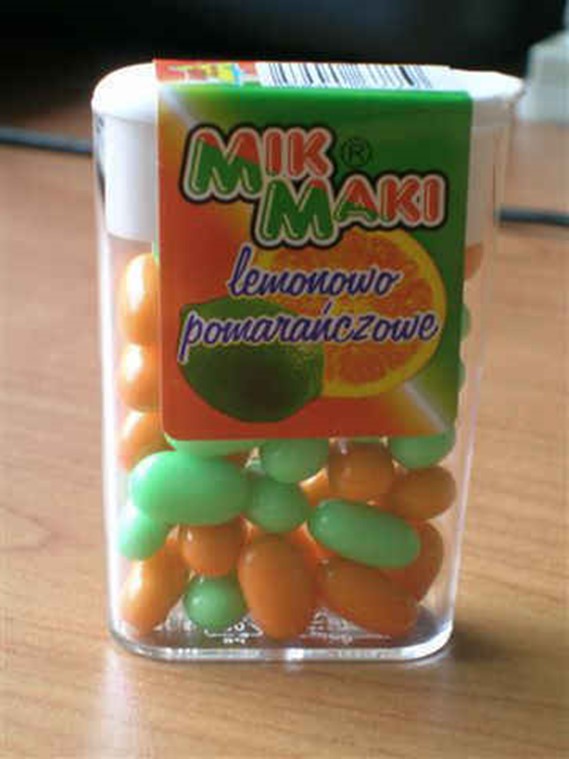 |
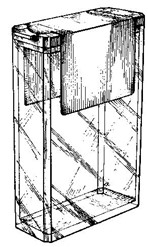 |
|
RCD 000826680-0001 |
IR.405177 |
See more:
Review of CJEU case law from 2.02.2026 to 6.02.2026
Judgment of 5 February 2026, EUIPO v Nowhere Co. Ltd, Case C‑337/22 P – The case concerned opposition proceedings relating to the application for registration of the EU figurative trade mark APE TEES: – On 30 June 2015, Mr Ye filed an application for an EU trade...
Review of CJEU case law from 26.01.2026 to 30.01.2026
Judgment – of 28 January 2026 – Montepelayo, SLU v. EUIPO, Case T-203/25– The case concerned opposition proceedings against the registration of an EU word mark. – Montepelayo, SLU filed an EU word mark application for TELOTRÓN for goods and services in Classes 5...
Review of CJEU case law from 19.01.2026 to 23.01.2026
Hesse v EUIPO – 19.01.2026 – Ferrari (TESTAROSSA), Case C‑597/25 P– The case concerned the procedure under Article 58a of the Statute of the Court of Justice for determining whether an appeal against a judgment of the General Court in EU trade mark proceedings should...
